Accounting practices and operations are a lot more serious and important as a company grows. Instead of just managing cash flow, you have three major new focuses: GAAP (generally accepted accounting principles), operations and analytics support.
• GAAP compliance: Being GAAP compliant is more important as a company grows and really depends on your investor base and your future capital plans. If your investor base is not requiring an audit, and you are not planning to raise capital in the near future, strict GAAP compliance is not as important. Remember, the ultimate goal of GAAP is to “ensure a company’s financial statements are complete, consistent, and comparable” for an investor. So, if your current or future targeted investors are going to care about GAAP, you’ll need to, as well. The driving factor then is at what period of time do you need to start caring. A good rule of thumb is to make sure GAAP is reflected in the financial periods that will be audited or reviewed by an outside party (e.g., a CPA firm). The last thing you want to face before a capital raise is a restatement of all your financials.
• Accounting operation needs: Supporting GAAP compliance requires an upgrade in your accounting operation. While you can spend a significant amount of time and resources becoming and remaining GAAP compliant, the following items are the most important to have a handle on:
1. Revenue recognition: especially if you have a subscription service or a combination of hardware and software.
2. Expense matching: usually involves matching the expense to the revenue it generated (e.g., cost of goods sold and commissions).
3. Capitalization table management: so you have a clean record of whom owns how many shares of the company, including all securities that can turn into equity (e.g., options, convertible debt, warrants and SAFE notes).
Odds are you won’t have fintech deployed to manage these processes, so you’ll be keeping track of them manually. For instance, at this stage, revenue waterfalls are usually kept on a spreadsheet. Make sure you are organized and have easy-to-follow spreadsheets and work papers.
• Analytics support: This becomes relevant when you have metrics and reports that require data outside the standard financial reports from the general ledger (e.g., income statement, balance sheet and statement of cash flow). A lot of this function focuses on obtaining operational data, enriching financial data and being able to translate and reconcile both to the accounting data. This is actually much harder than analyzing the data.



